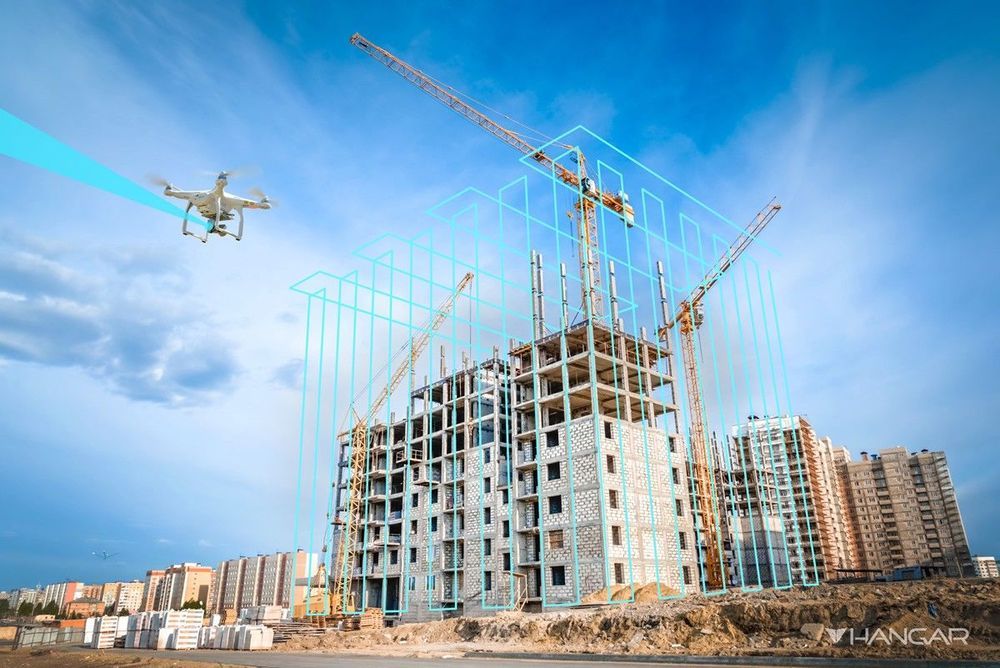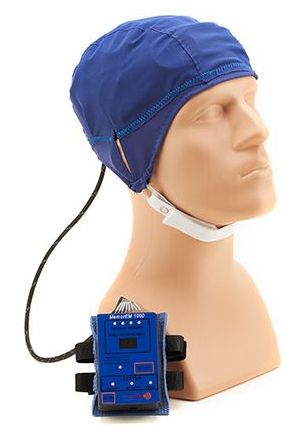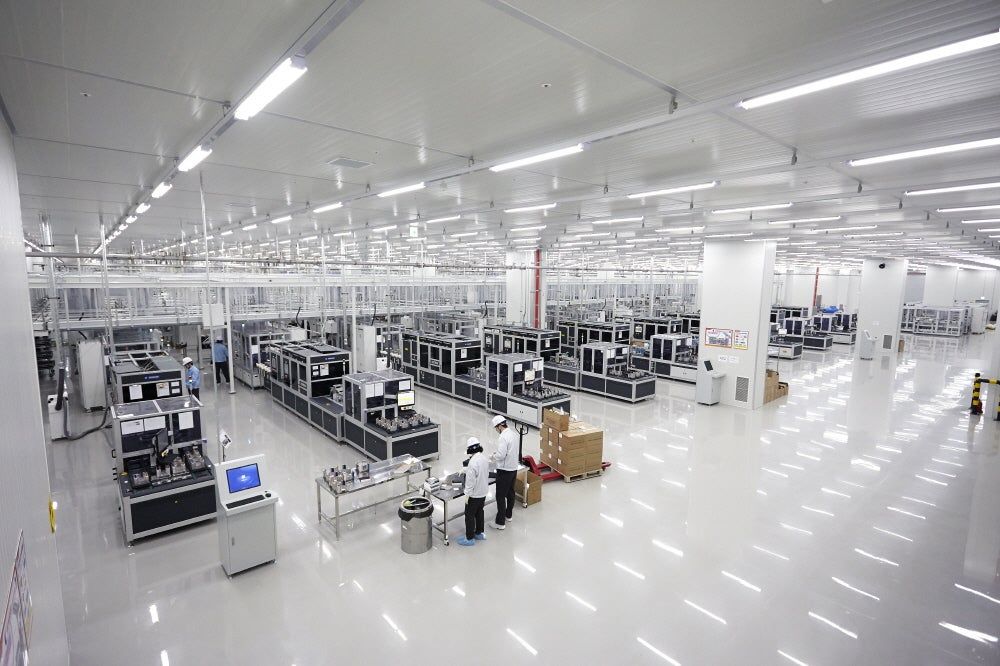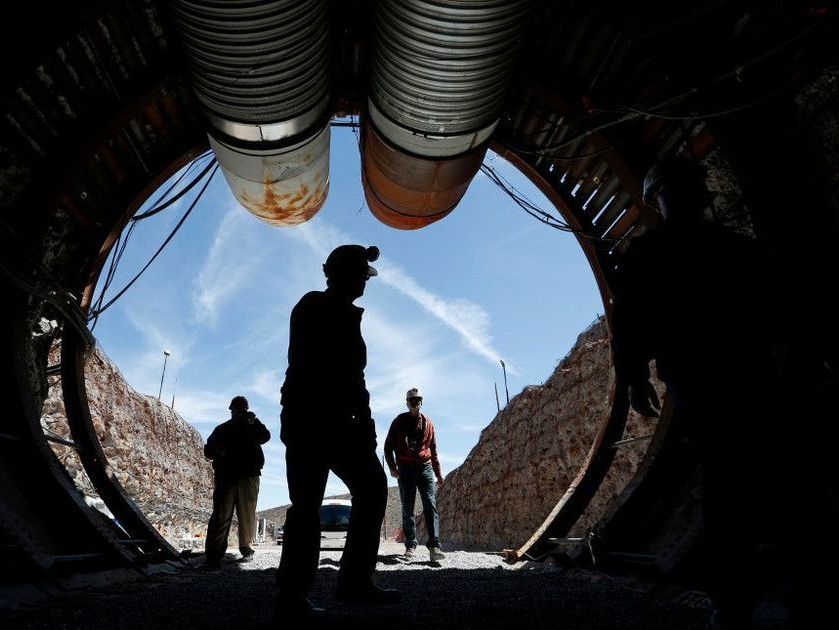
We hear it daily — “Launch your drone program!” Uninspired marketing campaigns littered across social media, websites and emails. A detrimental circle of brands mirroring brands, unwittingly stalling the rise of drones. The problem is, as an industry, they’re missing the damn point. Take for example a use case we see all too often — construction. When handheld drills started showing up on jobsites, we didn’t hear Black + Decker say, “launch your drill program!” Why not? Drills are just enablers. They allow workers to do what they were already doing — except better, faster and more efficiently. The breakthrough had little to do with the actual tool itself, and more the new ability to enable faster holes. Drones are no different.
The goal isn’t to “put a drone on every construction site.” Drones are promising new vehicles that have the potential to transform industry, but they also inherently introduce new costs and complexities. The thought of adding new tools, new responsibilities, new certifications and permits, and new burdens to an already complex operation is the exact opposite of what most project managers consider helpful. This might begin to explain why drone service providers today are collectively struggling to grow at any meaningful velocity. We’re creating “launch your drone programs” solutions that make it easier for businesses to own and operate drones, when we should be making the drone invisible, and become laser-focused on the data drones generate and an infrastructure that supports rapid spatial insights.
We need to stop putting drones on construction sites, and start giving the industry the very thing that drones enable — insight. Drones will be on every job site in the next few years, but not as another tool on the tool belt. The project manager isn’t adopting a drone program. They’re adopting a visual insights program that captures a new, historical perspective across their sites. They’re providing situational awareness holistically throughout their organization. They’re making decisions based on the actual state of projects, and the insights affordable by new perspectives and sensors.


















